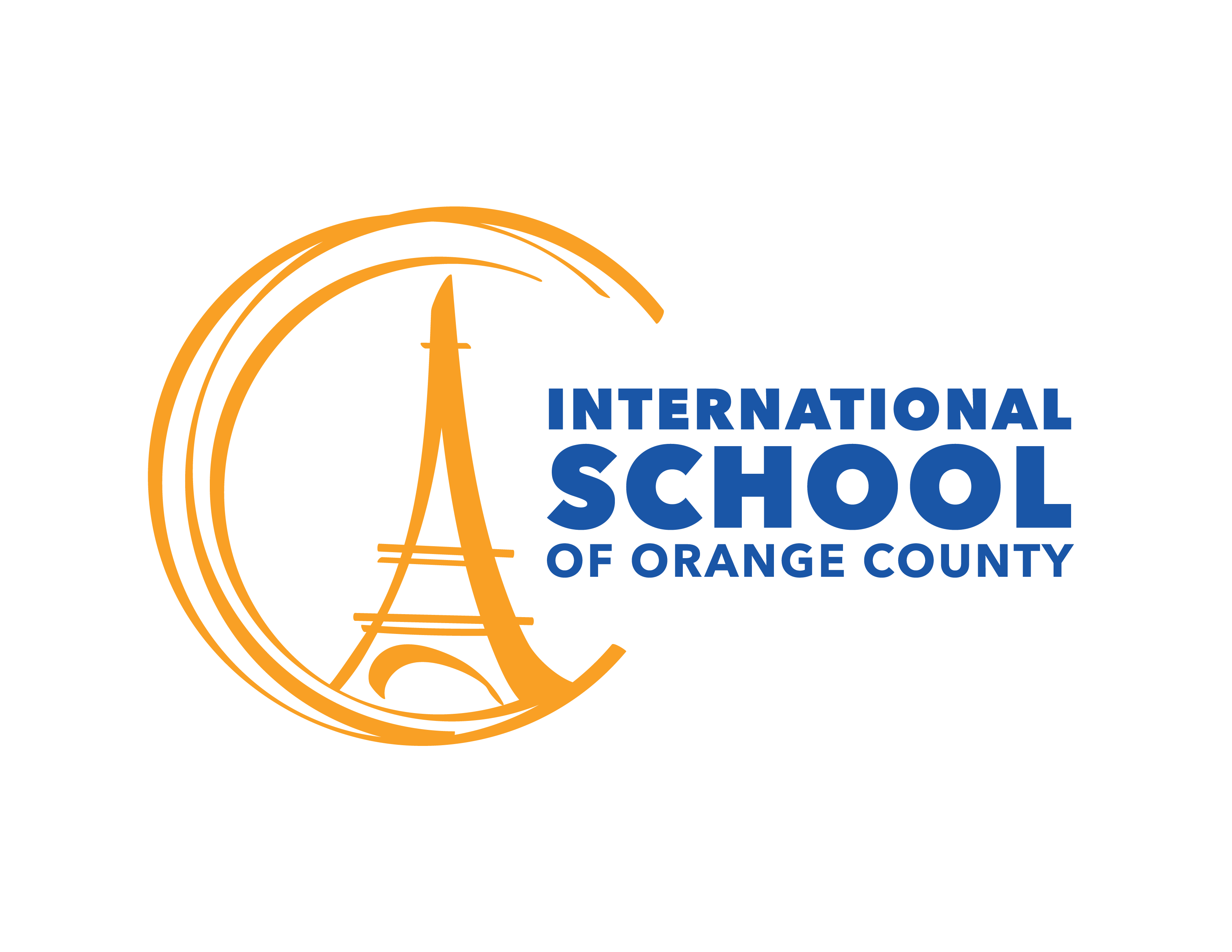 Sell tickets and manage registrations
Sell tickets and manage registrations
 View my tickets and registrations
View my tickets and registrations
 Sell more tickets through digital marketing
Sell more tickets through digital marketing
 Add an event calendar to your website
Add an event calendar to your website
 Find events by location and categories
Find events by location and categories

New Dates!! The Relational Nature of Shame: A Sensorimotor Psychotherapy Perspective with Pat Ogden, Ph.D
The Relational Nature of Shame: A Sensorimotor Psychotherapy Perspective
with Pat Ogden, Ph.D
This event has been rescheduled from its March, 2020 dates to July 30 and 31, 2020.
12 Continuing education hours are available. Please see below for details.
$550 single, $500 groups of 5+
Discounts- $50 for CSSW Alumni and CSSW Field Supervisors, Alumni will receive a $50 discount. Please email swope@columbia.edu for promotional code. Your email should contain your name and the year you graduated.
Field instructors supervising a CSSW student during the 2019-2020 academic year will receive a $50 discount. Please email swope@columbia.edu for promotional code. Include the name and year of the CSSW student you are supervising for the academic year.
Date and Time: Thursday 7/30/2020 9:00am- 5:00pm & Friday 7/31/2020 9:00am-5:00pm
Workshop Description
Exploring and resolving shame, especially pre-verbal, chronic shame, has always been challenging for even the most effective therapists and clients. Shame is a painful interpersonal emotion that first develops in relationship with attachment figures. We see ourselves through their eyes, and if we perceive that they are disapproving, humiliating, ridiculing or hold us in contempt, our sense of self, bodies, emotions, thoughts and self-esteem are deeply affected. Because shame inherently pertains to parts of the self that clients wish to disguise or conceal, they often do not readily talk about their shame for fear (implicit or explicit) of further humiliation or rejection. Therapists, sometimes because of their own shame, also might avoid bringing shame to the fore in the therapy hour. The avoidance on the part of both parties obfuscates shame itself and renders its treatment inconceivable.
This workshop explores the early roots of shame, its impact on the body and nervous system and on patterns of emotions, thoughts and beliefs. We will address the various manifestations of shame, and how shame is so often disguised and veiled, sometimes even to our clients themselves. Since the first shameful encounters occur between the infant or young child and attachment figure primarily through non-verbal communication, such as prosody, eye contact, and touch, we will explore the role of these in the therapy hour in terms of healing shame. Foundational principles that create a therapeutic container, or atmosphere, that maximize the possibility of working through shame will be illustrated and operationalized in clinical practice. With an emphasis on the relational nature of shame, special attention will be given to the importance of the therapeutic relationship, including both implicit and explicit communication between therapist and client, to resolve shame. We will explore interventions that directly address the manifestations of shame in movement, posture, and gesture of the body, as well as in a dysregulated nervous system. Sensorimotor Psychotherapy approaches will be illustrated through video tape excerpts of consultation sessions with clients.
Workshop Objectives:
Explain the relational nature of shame.
List three reasons why resolving shame is challenging in clinical practice
Discuss the impact of shame on posture and movement, and nervous system.
Describe the use of posture in addressing shame.
Discuss why instinctive immobilizing defenses in the face of trauma can lead to shame.
Discuss reasons why clients often do not bring up shame directly in the therapy hour.
Describe three principles of the therapeutic container conducive to working through shame.
List three common defenses against shame
Discuss why working with the body can ameliorate early, preverbal shame.
Explain the importance of the therapist’s implicit communication when addressing shame
Presenter: Pat Ogden, PhD,
Presenter Bio: 
Pat Ogden, PhD, is a pioneer in somatic psychology and the Founder of the Sensorimotor Psychotherapy Institute (SPI), an internationally recognized school specializing in somatic–cognitive approaches for the treatment of posttraumatic stress disorder and attachment disturbances. SPI trainers conduct Sensorimotor Psychotherapy trainings of over 400 hours for mental health professionals throughout the US, Canada, Europe, and Australia. Dr. Ogden is co-founder of the Hakomi Institute, past faculty of Naropa University (1985-2005), a clinician, consultant, and sought after international lecturer. She is the first author of two groundbreaking books: Trauma and the Body: A Sensorimotor Approach to Psychotherapy and Sensorimotor Psychotherapy: Interventions for Trauma and Attachment (2015)both published in the Interpersonal Neurobiology Series of W. W. Norton.Her current interests include writing and developing trainings in Sensorimotor Psychotherapy for children, adolescents and families, Embedded Relational Mindfulness, culture and diversity, couple therapy, challenging clients, and the relational nature of shame.
Hotel and Accomodations please CLICK HERE
Continuing Education Details
12 contact hours will be awarded for NYS, NJ and CT licensed social workers and NYS licensed mental health counselors*. Licensed social workers for other states, please email swope@columbia.edu. Columbia University School of Social Work is a CSWE accredited institution.
Social Workers*
CSSW is recognized by the New York State Education Department's State Board for Social Work as an approved provider of continuing education for licensed social workers. Provider #SW?0021
*NY, NJ, and CT licensed social workers will receive CEs. Licensed social workers from other states, please confirm with your state licensing board. Columbia University School of Social Work is a CSWE accredited institution and many states have recognized its CE hours.
Mental Health Counselors*
CSSW is recognized by the New York State Education Department's State Board for Mental Health Practitioners as an approved provider of continuing education for licensed mental health counselors. Provider #MHC-0137
*Licensed mental health counselors from other states, please confirm with your state licensing board.
Psychologists
The Center for Complicated Grief at Columbia School of Social Work is approved by the American Psychological Association to sponsor continuing education for psychologists. The Center for Complicated Grief maintains responsibility for this program and its content.
CE Certificate Information
Attendance: Please note that in order to receive your continuing education certificate, you must attend the entire workshop and complete the evaluation in accordance to NYSED and APA regulations. There is a 15 minute grace period. Any participant who arrives past 9:15 AM OR leaves earlier than 4:45 PM will not receive CE credits. You will be required to sign in and out for each day. Refunds are not provided for late arrivals or early departures. Please plan accordingly.
Evaluation: An email with the evaluation link and certificate verification form will be sent to the email you registered with.
Certificates will be emailed within 7-10 days of the workshop for anyone who has met the CE attendance requirement and completed the evaluation and certificate verification forms.
Please email
Cancellation policy
Fees will be refunded less a $10.00 processing fee, if email notification is received by the Office of Professional Excellence up to two weeks prior to the workshop date.
Special Accommodations and Grievance Policy
For information on special accommodations or our grievance policy, click
Sensorimotor Psychotherapy Institute (SPI) Discounts for Level I and II Trainings*
Those attending this 2-day workshop will receive a 5% discount towards SPI’s Level I Training. Please click HERE for more information and to see SPI’s other tuition discounts.
SPI also provides several scholarships and financial aid opportunities which can be found HERE
For more OPE workshops please click here or email swope@columbia.edu













